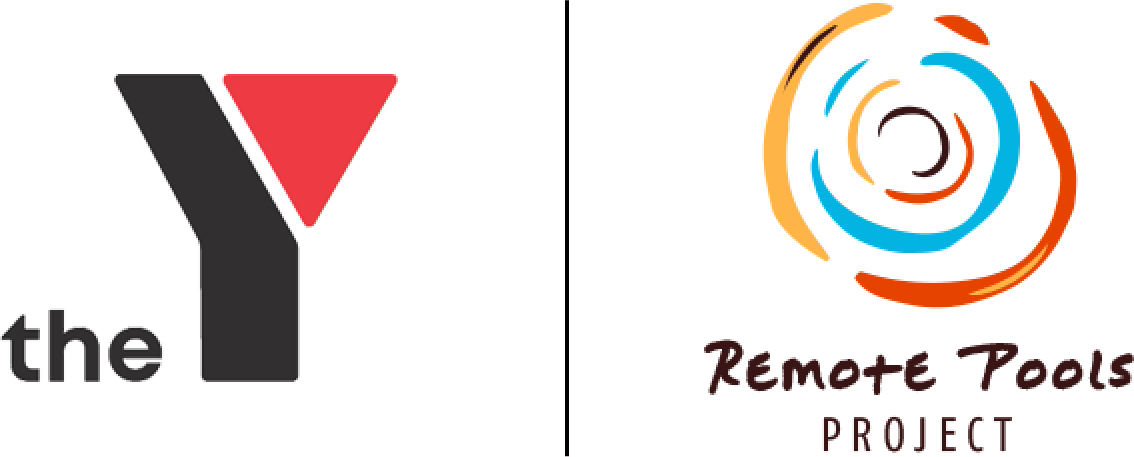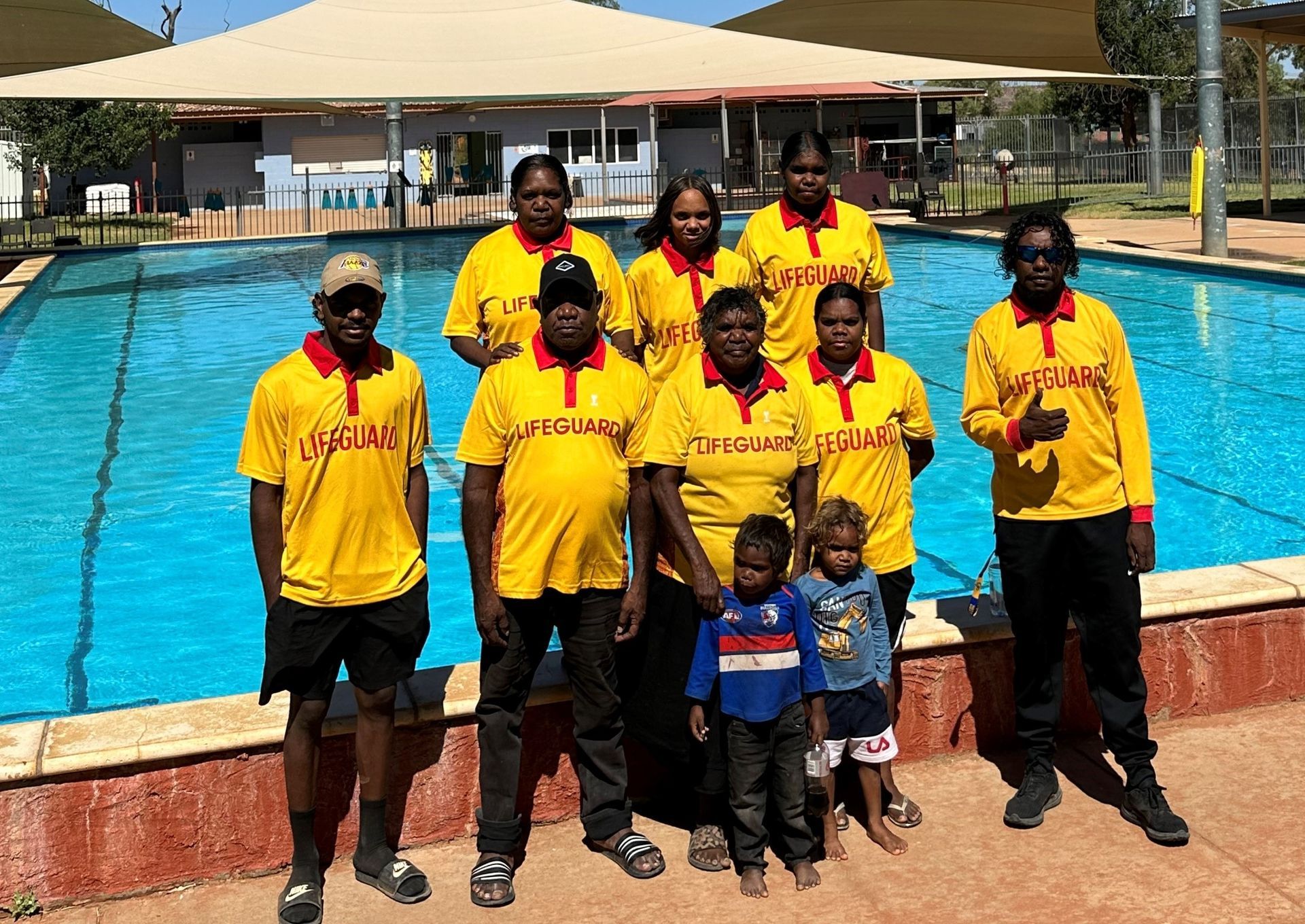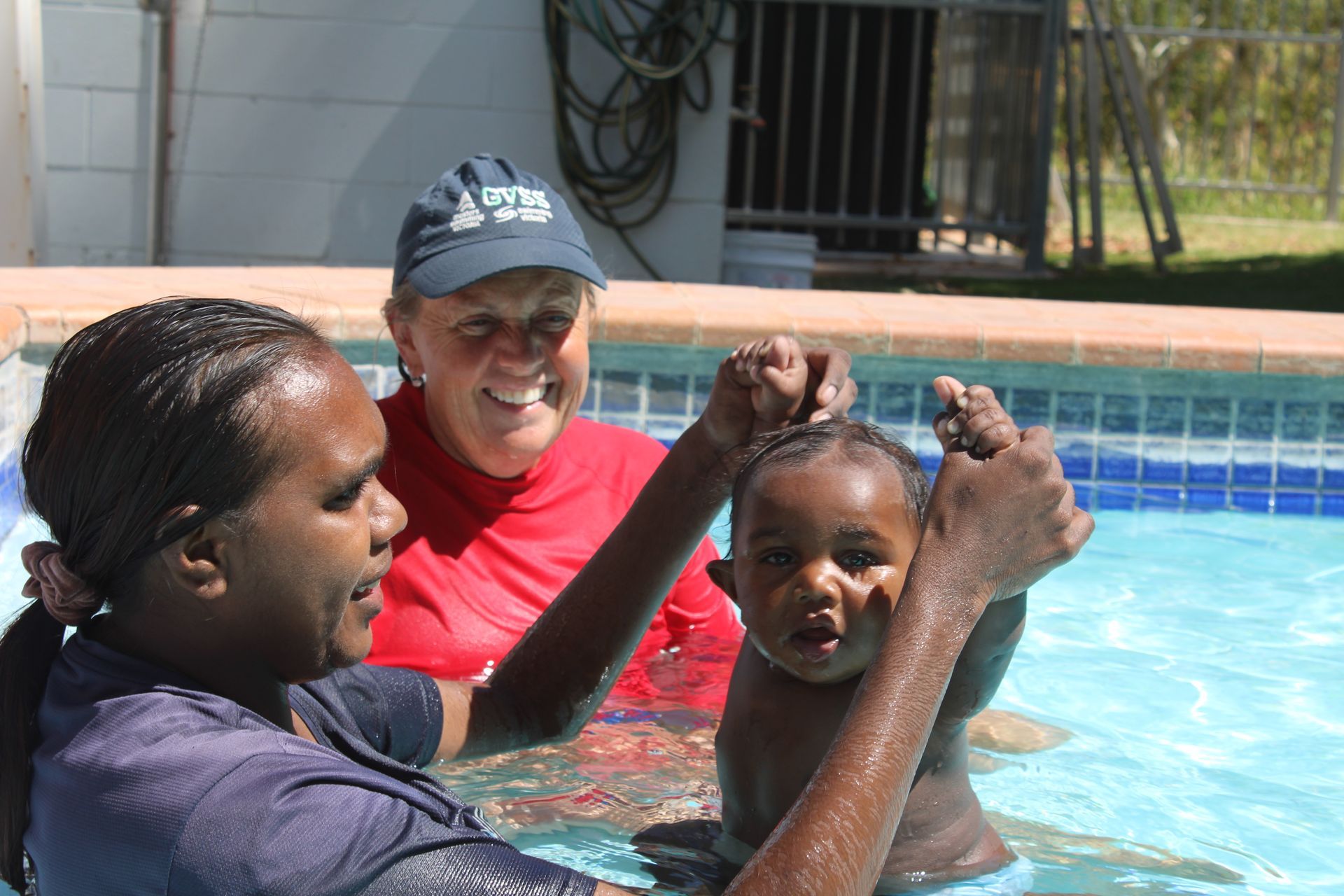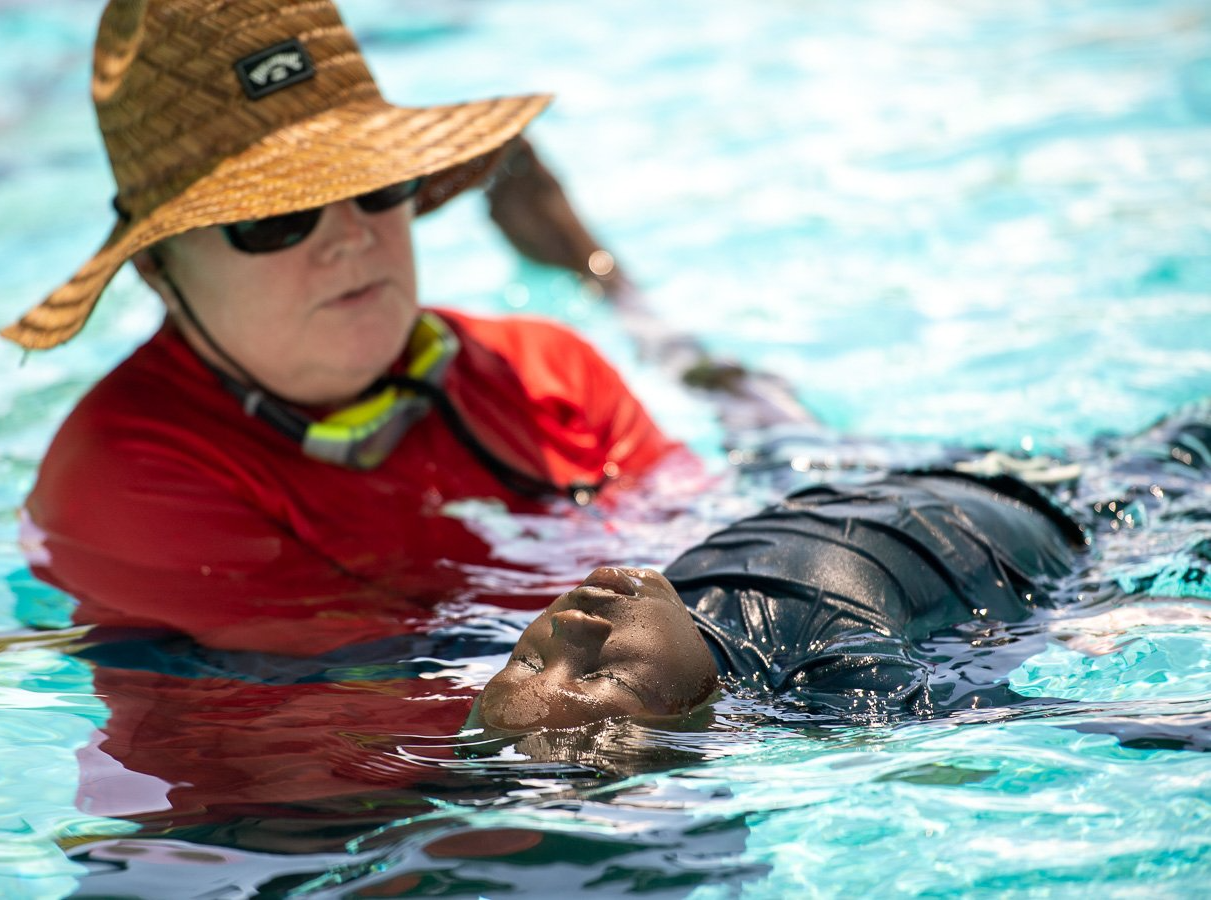Helping reduce the burden of Rheumatic Heart Disease in Central Australia
Helping reduce burden of Rheumatic Heart Disease in Central Australia
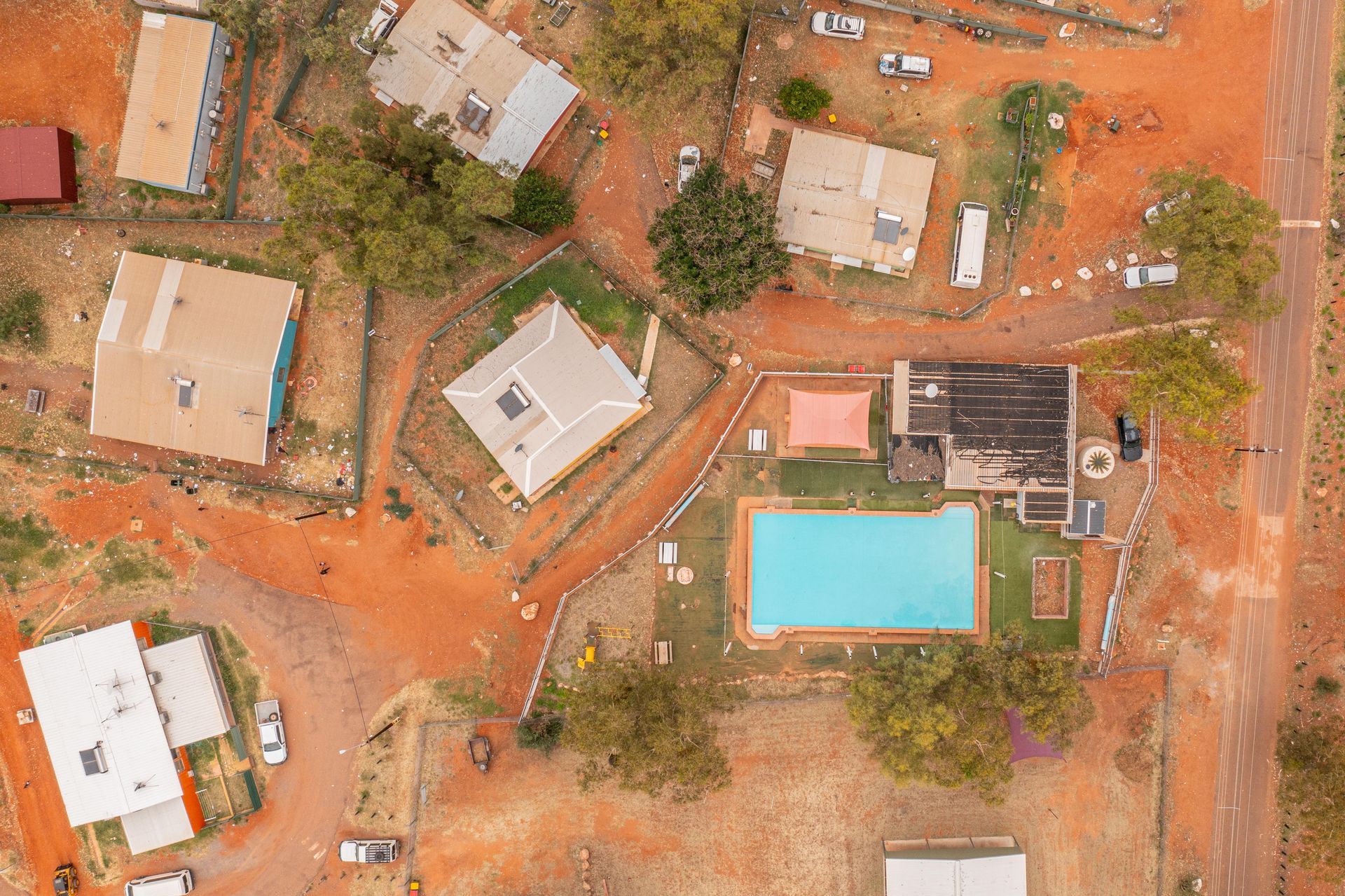
Rheumatic heart disease (RHD) is a significant health burden in remote Indigenous communities in Central Australia. According to a study published in the Medical Journal of Australia in 2018, the prevalence of RHD in Indigenous Australians is up to 122 times higher than non-Indigenous Australians, with the highest rates seen in remote communities. The study also found that RHD disproportionally affects young people, with a peak incidence between the ages of 5 and 14 years.
One of the significant risk factors for developing RHD is skin infection such as scabies and impetigo. In remote Indigenous communities, overcrowded housing and poor hygiene practices increases the spread of these infections. A study by Menzies School of Health Research found that public swimming pools can play a vital role in reducing the spread of skin infections and mitigating the risk of developing RHD, with regular swimming in chlorinated pools, combined with establishing regular hygiene routines, such as showering before and after swimming, significantly reduce the incidence of skin infections in Indigenous children.
